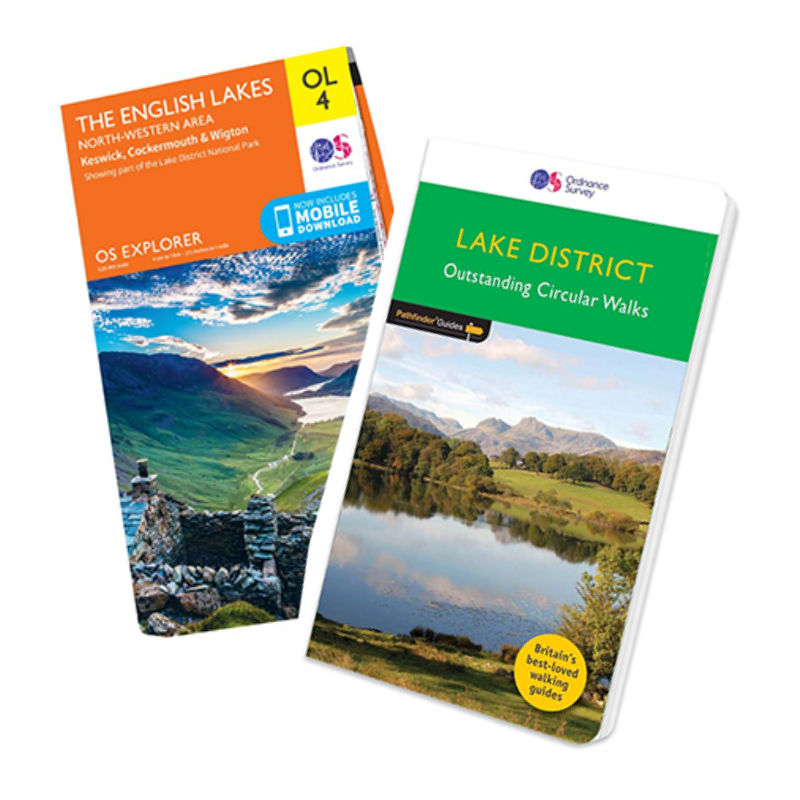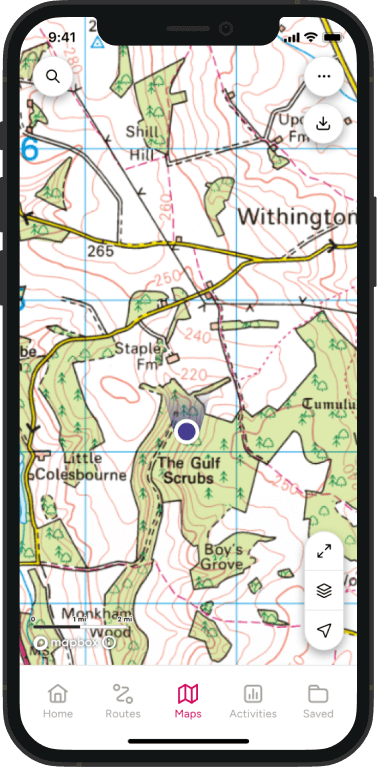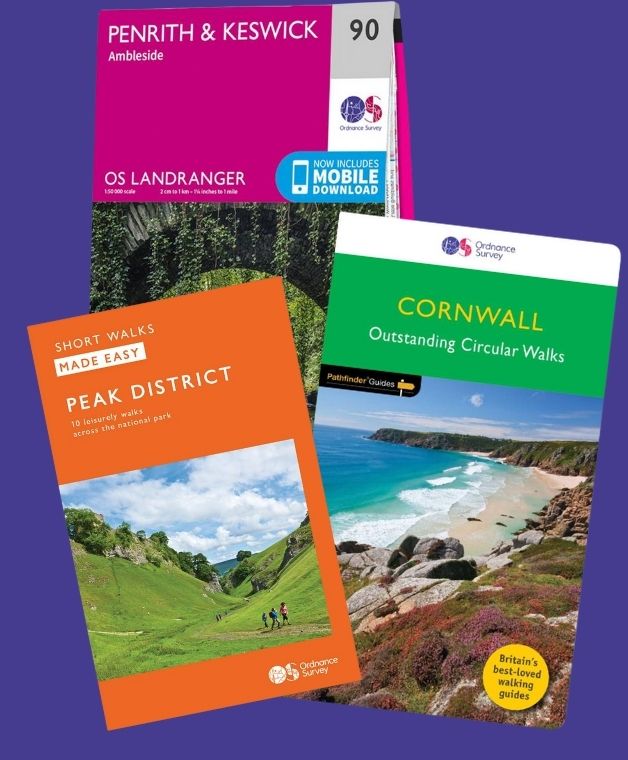Get Outside more this year! Learn How To Set Achievable New Years Resolutions
Have you ever managed to stick to your New Year’s resolutions? If not – why not? Emma Cusworth shares her advice how to set achievable New Year’s resolutions and keep you on track with your new year goals this year.
A New Year always brings around a feeling of change. There’s often a lot of pressure around setting resolutions, improving yourself and moving on and whilst January can be an ideal time to make a start, it can also be troubling when goals begin to slip.
Research conducted shows that up to 80% of people a year do not achieve their New Year’s resolutions, and that by the middle of January goals are likely to be compromised – hopefully you’re feeling a little relieved now if you didn’t achieve last years New Year resolutions!
A common cause for missing these resolutions? Unrealistic expectations. To me, that immediately calls out for us to take a load off of our shoulders and think carefully about the achievable aspects of the goals we set ourselves.

Whilst we all strive to accomplish great things, there are so many factors that may influence and affect this, from careers, family, financial aspects, time commitments and everything else in between. Real life is hard, and we need to set ourselves up for success!
If you’re feeling the pressure of this time of year why not read our advice on improving your mental and physical wellbeing over winter.
How To Set Achievable New Years Resolutions!
Relevant to all goal setting but common practice in personal training and fitness environments is the creation of SMART goals, a process designed to help achieve targets and continue to improve. This is how you can learn to set achievable New Year’s resolutions that you won’t fail at in the first few weeks.

Setting your SMART goal
Specific
Make sure your target has a specific focus – what exactly do you want to achieve? Good goals will be clear and defined and by answering the questions who, what, why where and which (if relevant) you will be setting a specific goal to achieve.
Measurable
Ensure you have a way of tracking your progress – how will you know you have achieved your goal? This section will include ways of measuring, for example “how much” or “how many” and is important because it allows you to have a clear definition of your success.
Attainable
The goal you set needs to be achievable – is it challenging enough but not impossible to reach? Remember, this is about you and not whether other people may be able to achieve it. In this section you should look at any possible barriers you may need to overcome and also outline the steps you are planning to take to achieve your goal.
Relevant
You goal needs to be a priority focus – is this worthwhile to you? Set a target that aligns with your values and is one that you believe you will be determined to meet. This section will answer why you are setting this specific goal.
Time-based
Ensure your goal has a target date – when do you want to have achieved this by? Set a realistic time frame for the completion of your goal and consider setting multiple, shorter goals – there’s no limit to how many you set after achieving your first one!

How will these aspects help you achieve your goals?
When we aren’t achieving what we set out to, it is human nature to become demotivated. Looking specifically at New Year’s resolutions, we also need to take into account that January is proven to have the highest rate of depression throughout the whole year; that coupled with the pressure to challenge or change ones self can prove a difficult time for some.
SMART goals are designed to promote achievable progress to avoid slowing or cessation of the process that a person is going through. A vague goal with no way of measuring progress is likely to demotivate the goal setter and a possible response may be that they become less focused or that they stop completely. However, by seeing evidence of progress, even if slow, people tend to stick to plan.

What your SMART goal could look like
A common theme many resolutions focus around is improving health and fitness, whether physically or mentally. A vague goal may be “I want to get fitter this year” or “I want to spend more time outside this year” but by using the SMART principles, these can be transformed into achievable goals. So, taking the goals “I want to get fit” and “I want to get outside more” we can combine and make them:
- SPECIFIC – I want to lose or gain weight/increase my cardiovascular fitness levels
- MEASURABLE – I will lose or gain ‘x’kg/be able to complete a walk or run of a certain distance without stopping
- ATTAINABLE – I will do this by partaking in outdoors activity (running, walking, swimming, sports etc) ‘x’ times a week and planning around any obstacles I may face (work commitments, social occasions, injuries or illness etc)
- RELEVANT – I want to do this because it will help me feel healthier/happier/partake in more opportunities
- TIME-BASED – I want to have achieved this goal in ‘x’ amount of months and then I can reassess and set another goal.

My SMART goal
Coming into the new year, I want to spend more time outside. So, following the same principles, I came up with a plan to ensure I was making the most out of my time and putting one of my favourite activities at the forefront of my daily life.
- SPECIFIC – Spend more of my free time outside.
- MEASURABLE – 1 outdoor trip away per month, planned in advance and with invitations to colleagues who want to begin or get back to enjoying getting outside.
- ATTAINABLE – On rest days in my rota I am planning on starting a walking group at work and inviting people on day walks/weekend trips, once a month. This ensures I am getting a monthly activity. Along with my everyday outdoor activity (eg walking to the shops/gym) I am also going to plan to have a 1 hour walk a week on a rest day that isn’t involved with running errands. Starting with a low target as shift work can make it difficult to plan, and if I hit target, any extra I do is a bonus.
- RELEVANT – This is relevant to me because I want to get back to enjoying my love of the outdoors, and at the same time I know it will keep me health and happy. It will also give me a chance to meet and socialise with new people and hopefully have an impact on their lives as well.
- TIME-BASED – This is over a year long period, and I want to be having at least one trip away a month and a weekly walk. I will keep a record of it and by the end of the year I would like to look back and see that I have achieved my goal.

Top tips for staying on plan
Even with a structured goal in place, it’s not always easy to stay focused. Some ways of sticking to a goal may include:
- Writing a weekly plan/diary to organise your chosen activities around your other commitments.
- Joining a club/group – for example, walking groups, sports teams.
- Inviting friends or family out with you.
- Planning trips/events in advance so you have something to look forward to or a sense of commitment to the activity.
- Choose to go somewhere you’ve always wanted to visit – somewhere you’ve seen in a photo, places people you know have recommended – somewhere that will get you motivated.
- Setting up a reward scheme for yourself which will encourage you to stick to plan.
- Talking to people about your goals – they may be able to encourage you to achieve.
- Not being harsh on yourself if something changes – life happens and being able to accept, compromise and move forward will work better in the long run rather than beating yourself up.
- Treat yourself to some new outdoor gear for that added extra motivation!
Anytime is a good time to start, so long as you are beginning and seeing progress. Hopefully by making some SMART goals for the new year you will find a new love for getting outside and keeping healthy.






